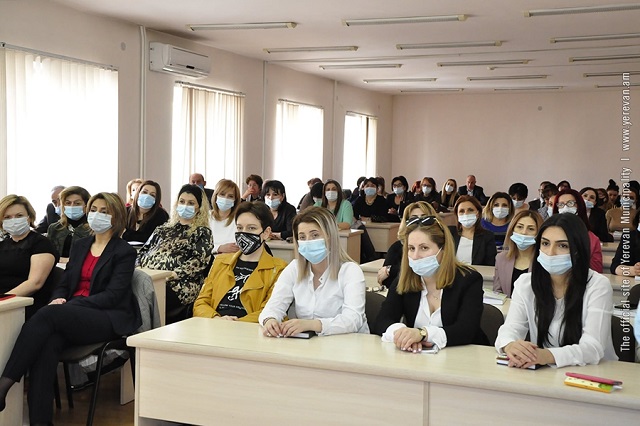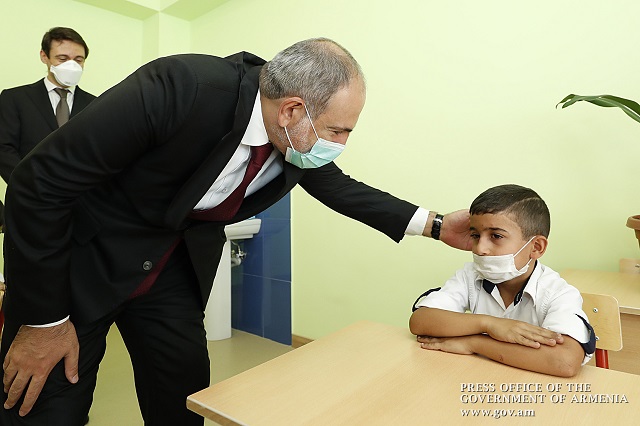I love meeting up with my classmates. We’re people of the same generation, shaped by the same environment. With just a word or two, we can recall films we all watched dozens of times (mostly Soviet comedies), laugh at jokes that are incomprehensible to outsiders, and reminisce about the days long gone.
Recently, I read Lusine Hovhannisyan’s memoir «Երեւա, երեւա, Երեւան» (Appear, Appear, Yerevan) and it, too, was full of those so-called “codes” only our generation understands. Try explaining to today’s schoolchildren what we meant by “the yard” or “behind the building,” or why we had the now-inexplicable habit of leaving house keys under the doormat.
I truly hope that today’s youth will be able to gather decades from now with the same warmth — laughing, remembering, sharing. But there are serious obstacles to that hope.
First, the environment they grow up in is radically diverse. In our time, everyone watched the same film after the 10:30 p.m. news on “Vremya,” or lined up at the Aragats cinema to watch Fantômas for the tenth time. (Do you remember the disabled ticket inspector at the cinema — strict about the rules but somehow incredibly kind?)
This diversity of environment is, in itself, a good thing. But the outcome is that even students in the same class — even siblings — spend time buried in different corners of their phones, absorbing totally different content. The result? No common themes. And, quite possibly, no shared memories in the future.
Read also
The second factor is the rupture of time itself. I grew up in a country — deeply flawed, yes — but stable, peaceful, and safe. Today’s forty-year-olds lived through the “cold and dark” years. Their children were hit by the pandemic and war — and its aftermath. Both the “cold and dark” (which followed our victory in the first war), and the defeat in the second war are now, officially and socially, framed as “meaningless.” Many young people perceive them that way too.
All of this leads, unsurprisingly, to a sense of disorientation.
That is why my generation has a mission: to pass on not only knowledge, but also the values we inherited — solidarity, friendship, and the quiet harmony of human connection.
Aram ABRAHAMYAN






















































